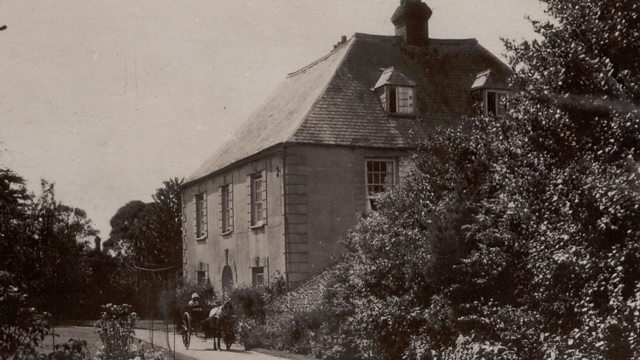Prattshayes, Exmouth, Devon: Fighting for Women at War
Edith Pratt served in the Ministry of Munitions, the WAAC and the WRAF
Exmouth’s Edith Pratt had an extraordinary war and a direct impact on the lives of women helping to fight it.
She was part of the female factory inspectorate and served in the Ministry of Munitions (National Filling Factories) from 1915. She then became Deputy Chief Controller of the Women’s Auxiliary Army Corps (Overseas) in 1917 and Deputy Commandant of the Women’s Royal Air Force in 1918.
Edith Pratt was educated at Southlands School in Exmouth and at Girton, Cambridge.
Her work at the Ministry of Munitions coincided with the expansion of factories and the female factory inspectorate. Her role included the assessment and improvement of women’s working pay and conditions. It was claimed that one million women were working in munitions in 1918.
Edith moved to the Women’s Auxiliary Army Corps (WAAC) in 1917. She served as the new force’s Deputy Chief Controller (Overseas) before joining the Women’s Royal Air Force (as Deputy Commandant) in 1918.
Edith Pratt was one of the first women to be awarded the OBE (1917) for services to the war effort.
She maintained her family home at Prattshayes in Exmouth throughout her life. It is now owned by the National Trust.
Edith Pratt is buried at Littleham Church in Exmouth.
Location: Prattshayes, Exmouth EX8 5DB
Image: Edith Pratt, courtesy of Maurice Southwell
Duration:
This clip is from
Featured in...
![]()
Βι¶ΉΤΌΕΔ Radio Devon—World War One At Βι¶ΉΤΌΕΔ
Places in Devon that tell a story of World War One
More clips from World War One At Βι¶ΉΤΌΕΔ
-
![]()
The loss of HMY Iolaire
Duration: 18:52
-
![]()
Scotland, Slamannan and the Argylls
Duration: 07:55
-
![]()
Scotland Museum of Edinburgh mourning dress
Duration: 06:17
-
![]()
Scotland Montrose 'GI Brides'
Duration: 06:41







